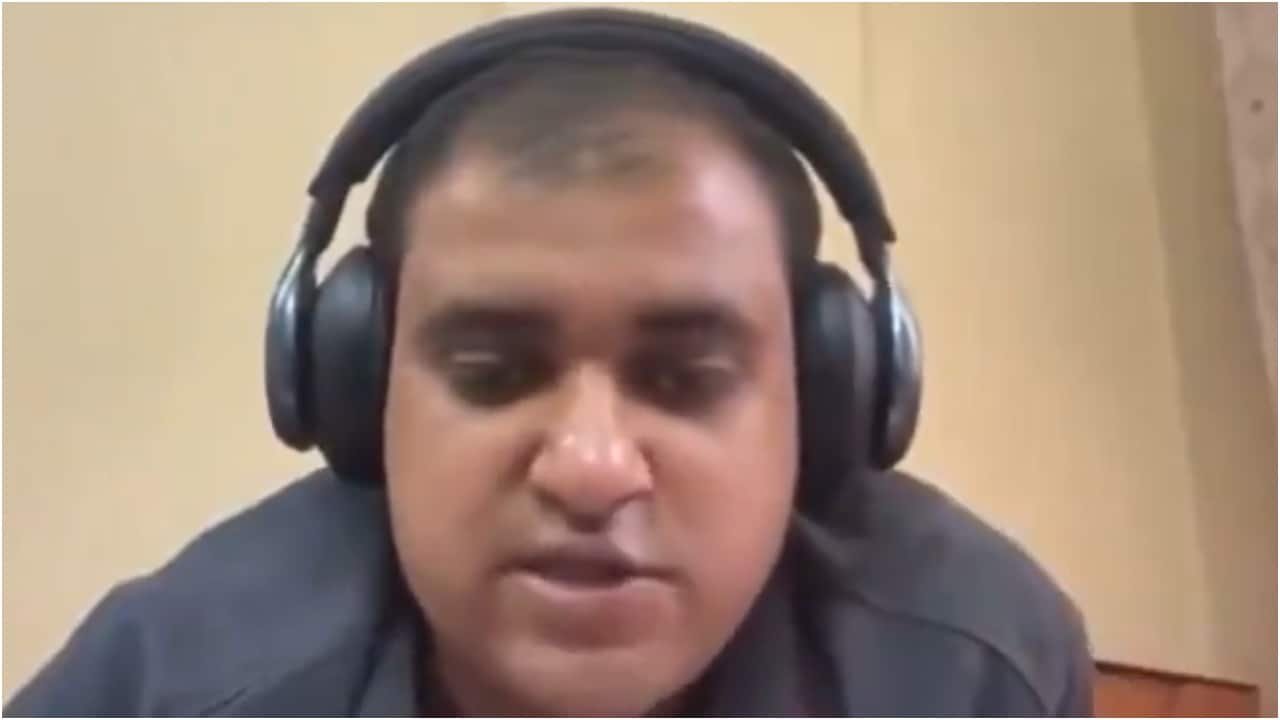 |
|
The tragic death of 34-year-old Bengaluru software engineer Atul Subhash has sent shockwaves through the city and sparked a complex police investigation. Subhash's death, ruled a suicide, has led to the issuance of summons to his wife, Nikita Singhania, and her family members. The police action stems from allegations made by Subhash himself in a comprehensive 24-page suicide note, accompanied by a 90-minute video. These materials detail years of alleged emotional distress and extortion at the hands of his wife's family. The gravity of the situation is amplified by the specific and detailed nature of the accusations made within the suicide note and video, providing investigators with a detailed roadmap for their investigation. The police are clearly taking these allegations seriously, as demonstrated by their swift action in summoning the wife's family to appear before the Marathahalli Police Station within a three-day timeframe. This urgency reflects the potential for crucial evidence to be lost or obscured if the investigation is delayed. The detailed nature of the allegations demands a thorough and comprehensive investigation to ensure that all aspects of the case are thoroughly examined and the truth is uncovered.
The summons served to Nikita Singhania, her mother Nisha Singhania, brother Anurag Singhania, and uncle Sushil Singhania highlight the central role the police believe the family played in the events leading to Atul Subhash's death. The decision to physically deliver the notice to their residence in Uttar Pradesh, despite the geographical distance, underscores the seriousness of the investigation and the determination of the authorities to obtain the cooperation of all those involved. The notice itself clearly states the grounds for their interrogation, emphasizing that it is necessary to ascertain the facts and circumstances surrounding the death. The family's response, while expressing regret for Atul's death, denies any wrongdoing and promises to present evidence to support their claim. This raises significant questions about the potential for a protracted legal battle and the challenges inherent in investigating complex cases involving conflicting accounts and a lack of independent witnesses. The credibility of both sides will be crucial in determining the outcome of the investigation.
This case raises significant societal issues regarding the pressures faced by individuals in high-pressure professions like software engineering and the impact of familial relationships on mental health. Atul Subhash's accusations of extortion and emotional distress highlight the darker side of family dynamics and the potential for significant harm within close relationships. The investigation should not only focus on proving or disproving the specific allegations made in the suicide note but also on uncovering the broader context of the relationship and identifying any systemic issues that may have contributed to the tragedy. This necessitates a sensitive and thorough investigation that considers the psychological and emotional aspects of the case in addition to the legal framework. A deeper understanding of the underlying causes of Atul Subhash's distress and the circumstances surrounding his death is crucial not only for bringing justice to the case but also for preventing similar tragedies in the future. The case is a stark reminder of the need for greater awareness of mental health issues and the importance of fostering supportive relationships to reduce the risks associated with emotional distress and suicidal ideation. The outcome of this investigation will have significant implications, setting a precedent for similar cases involving complex allegations and family disputes.
The role of technology in this case is also noteworthy. Atul Subhash's use of a 90-minute video and a 24-page suicide note suggests a meticulous planning and a deep desire to leave behind a detailed account of his experiences. This technological documentation presents both opportunities and challenges for the investigation. The digital evidence provides valuable insights into the victim's perspective, potentially offering corroborative evidence for his allegations. However, the police also need to carefully verify the authenticity and accuracy of the video and written statement, ensuring that no manipulation or distortion has occurred. This investigation demonstrates the growing role technology plays in both facilitating and investigating complex criminal cases. The challenges presented by digital evidence necessitate advancements in forensic techniques and specialized training for investigators handling such material. The successful navigation of these technological complexities will significantly impact the final outcome of the police investigation.
The ongoing investigation will likely involve multiple stages, including the gathering of evidence, witness interviews, and forensic analysis. The police will need to thoroughly examine Atul Subhash's financial records, communications data, and any other relevant documents to corroborate his claims of extortion. The credibility of witnesses, including members of Atul's family and the Singhania family, will be critically evaluated. It's crucial to ensure that biases and conflicts of interest are accounted for during witness testimonies. The legal process that will follow will necessitate a thorough investigation and a fair trial, respecting the rights of all parties involved. The outcome of the case will profoundly impact the lives of all those involved, underscoring the need for a meticulous, impartial, and just resolution. The legal ramifications of this case are far-reaching and could set precedents for future investigations involving similar allegations of emotional distress and extortion within family contexts.
Source: Bengaluru suicide shocker: Atul Subhash's wife gets police notice - 'You have 3 days time to ...'
